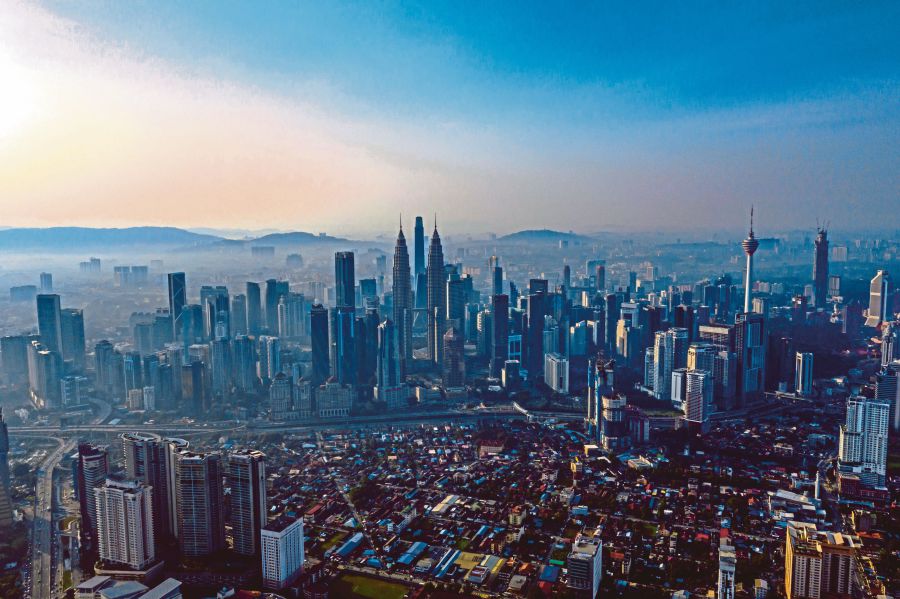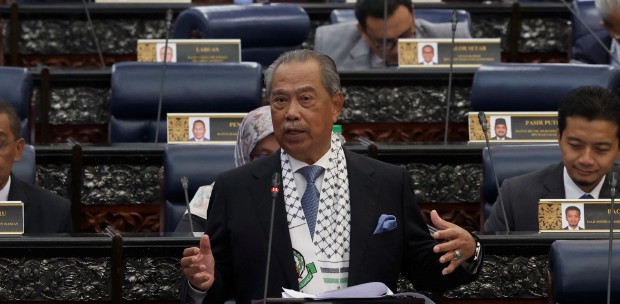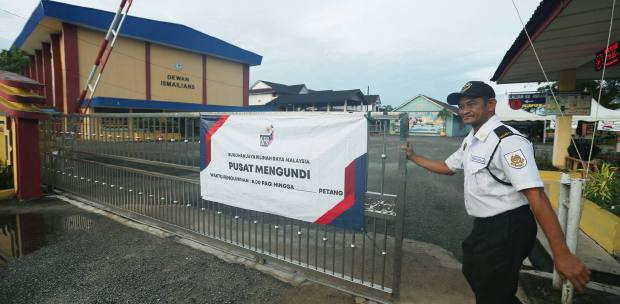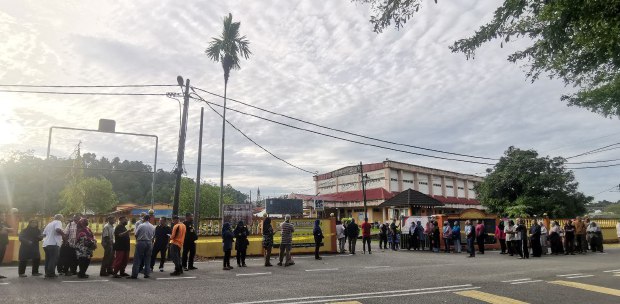Have you ever been called upon to take over the leadership of a country when the newly elected government falls apart with embarrassing speed and acrimony?
Have you ever led a country through an unprecedented and catastrophic health crisis? Have you ever had to manage the subsistence and survival of a nation when the economy has been paralysed by that crisis?
And have you done all of that while being under continuous and increasingly vitriolic criticism, with attempts to unseat your government by ambitious political rivals?
That is precisely what Prime Minister Tan Sri Muhyiddin Yassin has been dealing with for the past one year. It is trite, but only because it is true: great challenges produce great leaders, and we are in the midst of the greatest challenge of our generation; indeed, I would posit, the greatest challenge since the independence of our country.
Under Muhyiddin's Perikatan Nasional (PN) government, Malaysia has achieved its highest ranking ever on the Economist Intelligence Unit's (EIU) democracy index, 39th out of 167 countries, despite the instability that ensued immediately following the collapse of the Pakatan Harapan government.
Muhyiddin demonstrated outstanding sensitivity during the awkward transition to his rule, actively soliciting diverse views and input from all political quarters. He has earned praise for making Malaysia's institutions more democratic and for ushering in a new spirit of plurality.
Crises, it should be noted, can also produce tyrannical leaders; leaders who exploit dangerous situations to expand their powers, ram through oppressive new rules, seize national wealth, persecute opposition parties and undemocratically cement themselves in office under the pretext of a crisis.
Muhyiddin has done the opposite. Even the activation of the Constitutional provision for Emergency powers, including the suspension of Parliament, has been placed under democratic safeguards by appointing an emergency council that includes members of the opposition, which will jointly decide when the state of emergency should be lifted.
Muhyiddin has distributed a greater portion of Malaysia's budget to the rakyat than any of his predecessors; indeed, his government's relief and stimulus packages have exceeded what almost every other country in the world has provided their citizens as a percentage of gross domestic product. By any standard, this is remarkable.
Opposition parties and politicians can decry PN as a "backdoor government" all they want, but our country has never seen a more democratic, transparent, inclusive, or more genuinely and provably grassroots-connected administration ever.
Muhyiddin has actualised the hopes that led to the historic election of the PH government in 2018, but which that government miserably failed to fulfil.
His PN government is delivering on the promise of a New Malaysia, which had proved to be an empty slogan for his predecessor government. If PN came in through the backdoor, it is only because political elites had blockaded themselves in and locked the people out. When Muhyiddin entered the building, he brought us all with him.
The calm, measured character of Muhyiddin's administration may not be theatrical enough for some who have grown accustomed to the party intrigues of Malaysian politics. But for most of us, he brings a welcome maturity that has been painfully missing.
He is a leader facing the gravest challenges our country has ever endured, with the quiet judiciousness and understatement of a man who deeply appreciates the gravity of our dilemma, and who is simply busy dealing with it.
He is the first leader in our collective memory who operates, insofar as it is possible, without ego, without self-interest, and with exclusive concentration on practical measures to navigate our country through this unprecedented crisis. This is what responsible governance looks like.
If Malaysia had been struck with the Covid-19 pandemic under a government of political divas incapable of setting aside their personal rivalries and ambitions, whose solutions were all nothing but rhetoric, and whose policies were all little more than camouflaged moves for self-advancement or gestures to win Western approval, instead of the methodical, matter-of-fact, prudent leadership of PN under Muhyiddin, I fear Malaysia would be in a shambles today.
We are indeed fortunate that our worst crisis has coincided with what history is likely to characterise as one of our best, most highly-functional, and circumspect governments, and I for one, am thankful that we have an administration that we can be proud of under Muhyiddin.
Because of our government, the future in these uncertain times still looks bright and we can be confident that the best for Malaysia is yet to come.
The writer is founder, Centre for Human Rights Research and Advocacy (Centhra)
The views expressed in this article are the author's own and do not necessarily reflect those of the New Straits Times





